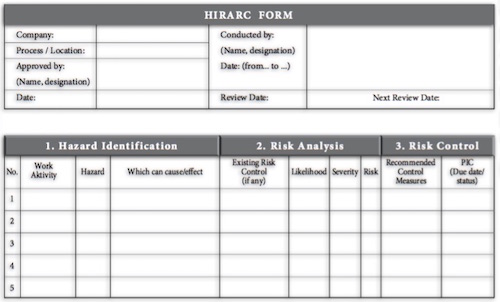Chemical Exposure - Someone who works with hazardous chemicals may be exposed to chemicals on the internal and external.
Oral Exposure or Admissions
This incident occurred as a result of the negligence of irregularities, such as drinking from a contaminated beaker, and do not wash their hands when out of the lab, feeding in the laboratory, smoking or dresser during operation poisonous substances.
Exposure Through Breathing
Materials that can be volatile and toxic concentrations exist must be monitored so as not to get into the body through breathing. Solvents and gases used or produced in such reactions should be performed in the closet fumes.
Chlorinated hydrocarbons such as chloroform and carbon tetrachloride are not flammable, but have chronic toxicity effects on the liver and kidneys. Carbon disulfide was not only has the effect of chronic poisoning, Carbon disulfide was not only has the effect of chronic poisoning, but also the ability to easily burn and explode.
Gases such as hydrogen sulfide and sulfur dioxide are a gas that smells foul and harmful at high concentrations. The use of gases, vapors or fumes must be careful and must follow the rules. Use of fumes room and respiratory masks are needed when handling volatile or toxic gases.
Exposure through the Skin, Eyes and Dermatitis
Fat-soluble solvents such as Anilin may be absorbed into the body through the skin. Anilin spill over the skin should be washed immediately. Any Anilin affected clothing should be removed. Handling of these materials requires the application of safety gloves. Solvents can dissolve fat can cause the skin to become dry and cracking.
Handling of concentrated acids, alkalis and concentrated ammonia requires the application of safety glasses to avoid splashing into eyes. Apart from the material known and regarded as abrasives, observations and similar steps should be taken in handling materials such as glacial acetic acid, the acid kloroasetik, klorosulfonik acid, sulfonik chloride, phosphorus chloride and tionil chloride.
Hydrogen fluoride (HF) more harm require more special attention during the operation. Chemical contact injuries can be treated by washed with water as much as possible.
Hydrogen fluoride (HF) more harm require more special attention during the operation. Chemical contact injuries can be treated by washed with water as much as possible.














